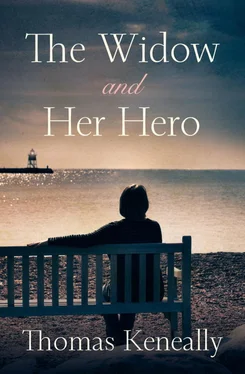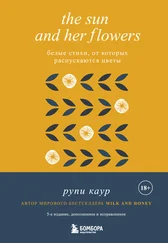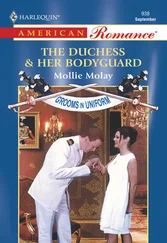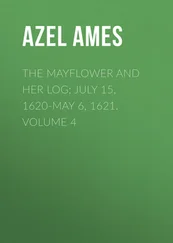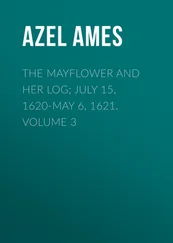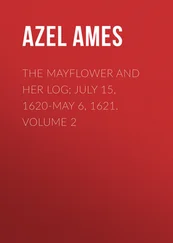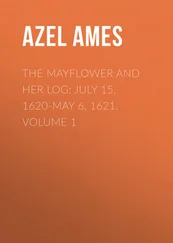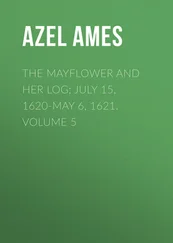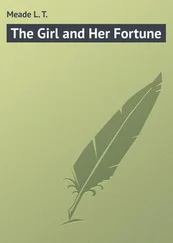I was fascinated by this.
Writing poetry is wonderful, she assured me. If the beloved is away for a time, it’s a sort of vengeance.
Against who? I asked.
Against the loss of time and beauty, Dotty told me. Or if you want to look on it positively, you could say it was a prayer for a golden world in which men loved women as much as they say they do, and the other way round, in which all wars are merry, and all children loved with equal ardour. You are a sweet and beautiful child, Grace, full of rejoicing. Poetry’s about that too. But you haven’t been betrayed yet.
She sounded remarkably like Susan.
Surely you haven’t been? I asked. Betrayed, I mean.
By Rufus? Oh yes. He does that, poor fellow, but men are like dogs. When an arse is proffered, they can’t turn away. Pardon my putting it so simply. It is simple for them, I’m afraid.
She lowered her voice. The sooner that tart gets out of here, the better. Look, I don’t mind showing you something I dashed off today – it’s not perfect, but it helps me stay sane. Like some gin?
Surprisingly I found I would like some. But something in me didn’t want Susan to have any with me.
Maybe after our guest’s gone.
Quite! Dotty whispered emphatically.
She went to her table and brought a page back. Officially, she told me, I’m supposed to be writing a novel. Really, I want to write about what a shambles the whole fall of Singapore thing was, but the publisher says it would not be looked on very kindly. So I’m trying to write simply about Englishwomen on one of our overcrowded steamers to Australia. Chaucer should have been there. He could have done justice to it. In between, when the thing is seeking its way out of me, I write about Rufus and myself. Despite what I say about men and dogs, he does love me, you know. As far as his sort of fellow possibly could.
She gave me the sheet. Don’t feel you have to tell me anything – whether it’s good or bad. I know exactly how good and how very bad it is.
What she gave me was entitled ‘Mercator’s Projection’. It read:
And in love’s bed caresses seemed
a holy vacuum,
since lovers seek to force the air
from every cavity and intervening space.
Love’s pressure is enormous,
the normal terms of gravity becoming trite.
But then, I catch his eye
and see the shoals and surfs
and archipelagos
which fill the other mind,
the tides that go on running
when his tide is spent.
The Projection of Mercator cannot save me
from concluding:
Love is the longest distance between two bodies.
I don’t know why I was impressed. I thought until then that poetry had died with Tennyson. And the remarkable thing is, I remember understanding the meaning. I must have felt the same thing she did, without knowing it. I knew at once I wanted to write something like this myself.
At last, Susan emerged with her suitcase, and we saw her into a cab, which Dotty was forced to ring for, using the shared phone. We were delighted when she left, and then, as if we’d known each other for years, we broke out the sisterly gin.
I did not have an exact idea of the work Leo did at the requisitioned boarding house and temperance hotel, and at Victoria barracks. Women were of course counselled even in the Women’s Weekly that they should not ask too much. The women’s papers, the motion pictures, novels, and even the traditions inherited from mothers all underlined the idea that we lacked a right to be too inquisitive.
I knew, though, that Leo and Rufus worked together literally, having desks in the same room at Radcliffe House. While in that office, they were supposed to read the latest files on new equipment, from ground sheets to spirit stoves to weaponry. Leo told me this made pretty dry study, worse – he said – than contract law. So Rufus and he developed office games. Samples of commando daggers lay about the office, some of them in filing cabinets. Leo or Rufus would close and lock their office door and compete at hitting the door frame with knives. Only embeddings counted. Bounce-offs were a crime. If a thrower hit either the surrounding plaster wall or the door itself, he lost all his points acquired to that stage.
That was part of their éclat as well. Officers in D/Navy’s office or Major Enright’s D/Plans were not permitted to waste their time on such knife play. They had to keep writing reports and coming up with the correct admixture between destination and plan and technology. But then they had not personally invaded Singapore. They would tolerate the heroes’ games at great length, whatever spirit stoves or ground sheets waited to be assessed and initialled.
When not employed on their files or their knife practice, Leo and Rufus attended roundtable meetings at which questions of equipment, transportation, tactics and strategy to do with the coming huge operation in the Natunas were discussed. These meetings were attended by Colonel Creed, who remained an advocate for the idea of many well-equipped operatives, landed from many US submarines, undermining Japanese structures and lines of communication, ships and airfields, transit of supplies, etc., etc., in South-East Asia – which to us, of course, was North-West Asia.
The idea that the Independent Reconnaissance Department should build its own Indonesian, Malaysian or Borneo junks was still being discussed, and Mortmain in particular made suggestions about the way that should be done, on everything from the contour to fitting-out and the supply of drinking water. I know now that the building of a number of junks was begun in a Melbourne shipyard, which was then afflicted with strikes, so that they would never be finished.
In the afternoons, a succession of hefty NCOs kept up the fitness of Leo Waterhouse and Rufus Mortmain and others, introducing them to new methods of tripping, knifing and incapacitating mortal flesh; and causing them to climb ropes, run through mud and surmount improbable barriers. They came back home to Dotty and me full of tonic vigour, or as Leo said, absolutely buggered.
They were about to truck us to a private abattoir in Fitzroy, so that we could practise slitting throats on pigs, when a corporal came running to us from a nearby office. There was a call for Commander Mortmain. Rufus jogged double-time across the parade ground to take it. By the time he got back the truck was ready to leave for the abattoir. I was sitting in the back with a group of soldiers and sailors who were going through the same training for perhaps the same purpose. His monocle was glistening when he crawled aboard and sat beside me. Aussie soldiers and ratings who hadn’t seen him earlier nudged each other and whispered, Cop the bloody monocle on the Pom.
That was Mrs Enright, he whispered to me. Wants to shout you and me a drink. To repay us for our kindness. Windsor bar, 5.30.
He inhaled and the eye which did not have the duty of bearing the monocle, arched.
She wants us to bring our wives? I asked.
I don’t think that’s the purpose, said Rufus, looking ahead. I also think she knows you won’t come, Dig. I feel I should go out of politeness, don’t you think?
Up to you, I said, a bit surprised. I can’t go. I don’t want to.
No need to bother Dotty with the details, he told me. I don’t think Dotty likes her.
I thought I knew him. I didn’t think he was an altar boy. But I didn’t know he’d compromise me like that. For a drink and God knows what else with a good-looking mad woman. On our operations, life is so simple, and we all know everything we need to know about each other. Now, on the way to knife pigs, he was making the world complicated again. I wanted to go home and hug Grace. But I had to cover myself with pigs’ blood before they’d let me.
Читать дальше
